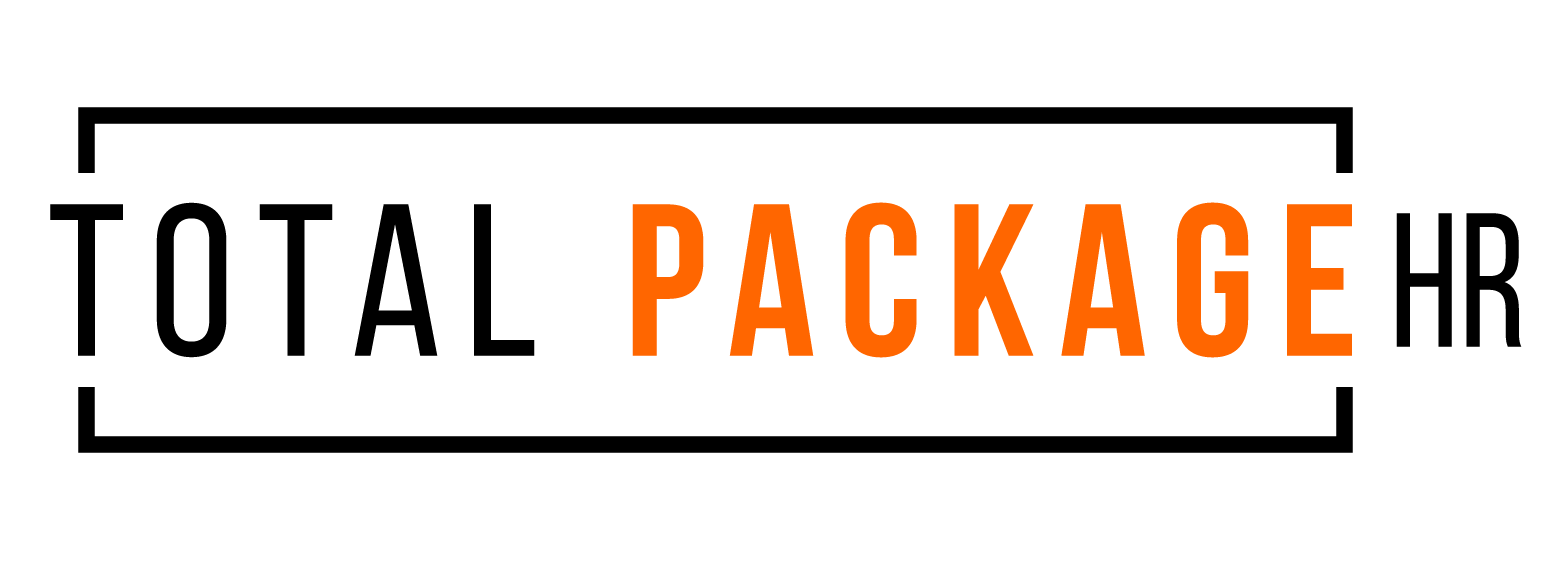
Katie had been underperforming for months
We recently worked with a small tech company that came to us with a tricky problem. The owner of the company, “Evan” wanted to terminate the employment of a female employee “Katie” who was pregnant and going on maternity leave soon. The reason for the termination was that Katie had been underperforming for months, and Evan didn’t want to pay an underperforming employee for being on leave.
CA parental leave regulations are no joke
The first critical mistake was that Evan had not documented the poor performance. Under California Employment Law, an employer cannot fire an employee because of their pregnancy or taking leave related to pregnancy or childbirth. Employers must hold the employee’s position for the duration of their leave, which can be up to almost 8 months of leave when combining the Federal Family Medical Leave Act (FMLA), the California Family Rights Act (CFRA) and California’s Pregnancy Disability Leave (PDL).
Parental leave is not just for moms
It’s not just mothers who are protected! California’s Paternity leave policies under the FMLA and CFRA state that eligible employees can take up to 12 weeks of unpaid leave to care for a newborn child, a newly adopted child, or a foster child. Employers must hold the employee’s position and continue to provide health insurance during the leave.
How We Helped:
We advised the client not to terminate the employee before she went on maternity leave and informed them that they did not have to pay for the maternity leave, but they must continue to hold the employee’s job. Instead, we recommended that they create a performance improvement plan (PIP) and document all of their efforts to help the employee improve their performance. The PIP should be specific and measurable, and include timelines for improvement, as well as any necessary training or support.
Once Katie returned from maternity leave, Total Package HR advised the client to review the PIP with Katie and document progress or lack thereof in real time. Employers who have clear policies and job descriptions in place for performance standards have a better chance coaching employees to success, and also at defending claims of improper termination.
After the employee returned from maternity leave, the client continued to monitor her performance and documented their efforts to help her improve. Unfortunately, the employee was unable to improve her performance, and the client had to terminate her employment. However, because they had followed the proper procedures and documented the employee’s poor performance, they were able to avoid any legal trouble. Katie also walked away understanding how she can improve in the future. The client learned the importance of documenting employee performance and we stayed on to implement proper policies and procedures to avoid similar issues in the future.
Quick Links
Total Package HR Services






